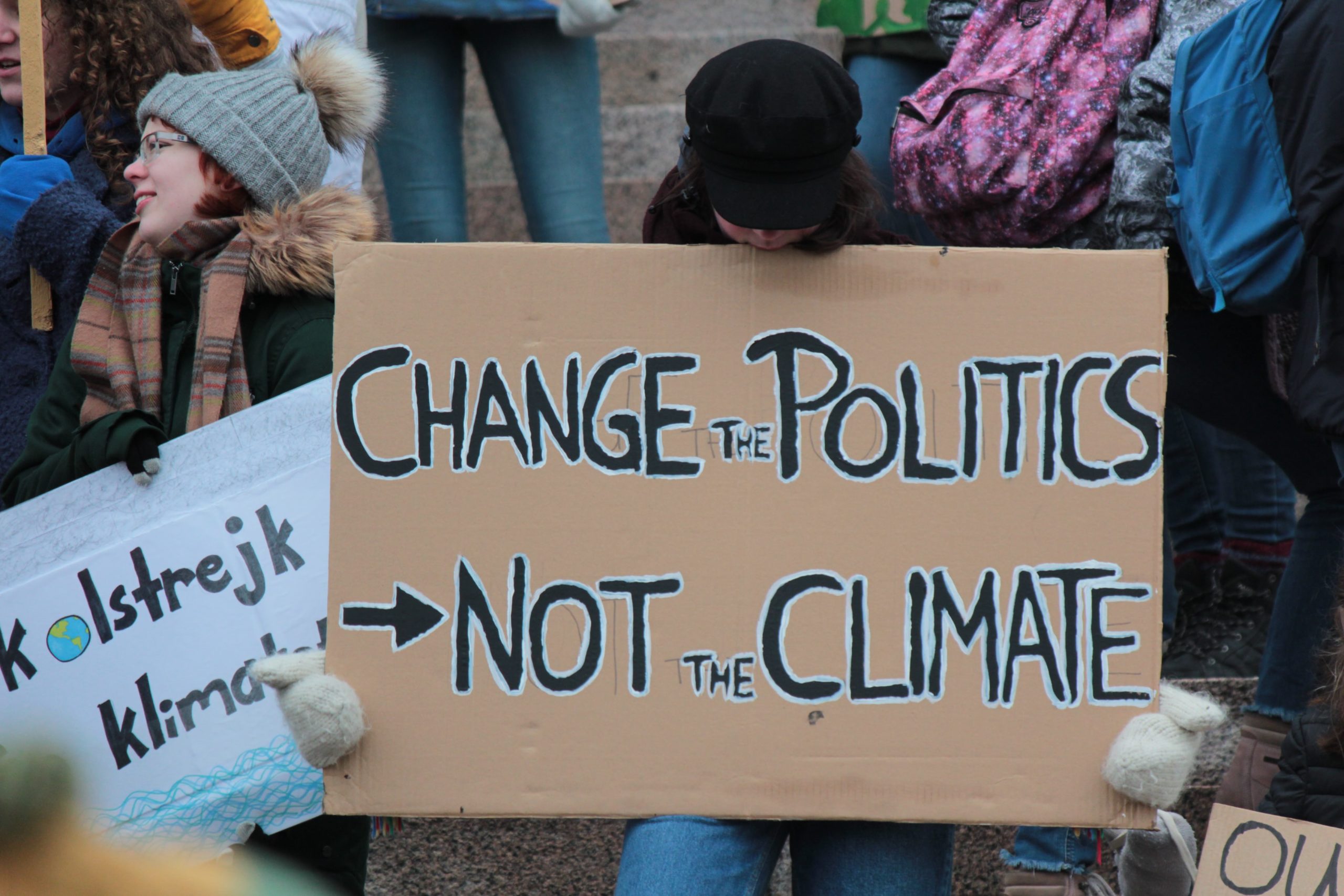As the threat of climate change continues to loom over our heads, it is crucial to discuss and acknowledge the emotional complications that can arise as well, oftentimes, in the form of eco-anxiety.
It’s troubling to think about the weight that the environmental crisis holds onto us. Day-to-day actions trickle down into deeper consequences in ways that oftentimes feel out of control. Even worse, directly experiencing the damaging impacts of climate change can lead to post-traumatic stress, depression and feelings of panic.
The feeling of constantly worrying about the planet and its future is something known as eco-anxiety. It can manifest in different ways, and it is difficult to confront.
When your body reacts to something it perceives as a threat, it instinctively acts with the fight-flight-freeze response, a response which often leads to anxiety. However, as the consequences of climate change become more present in our lives, the threat of climate is less of a perception, and more a matter of lived experience.
Simply put, it is not irrational to feel anxious about the climate. Feeling constantly panicked over the state of the planet can come through an overexposure to news, personal activism, or directly living through consequences of climate change such as naural disasters, poor air quality, loss of land, and so on.
Being apart of Gen-Z, the rhetoric has been the same for as long as I can remember: we’re the generation that’s supposed to save us all. But the burden of saving a planet feels heavy and horrifying. And preparing for a future that we might not even have is a stress that feels difficult to ignore. This, alongside the worsening state of climate change has lead to younger age groups feeling overwhelmed and despondent due to eco-anxiety.
What is Eco-Anxiety?
Eco-anxiety can manifest in many different forms, but in its simplest terms, it revolves around feeling anxious about the climate and the current state of our environment. Similar to other stressors in our day-to-day lives, it can also contribute to tension in other relationships or spaces.
Eco-anxiety can impact anyone, but systemically, Indigenous communities, people with chronic health issues and other socially marginalized groups are more at risk of experiencing eco-anxiety. People living in poverty are more likely to experience climate anxiety as the threat of living through a natural disaster poses bleak economic hardships. Alongside these risks, lies the unforuntate fact that these communities systemically lack significant access to medical and mental healthcare.

What to do about Eco-Anxiety?
As I was researching and writing about eco-anxiety, it was difficult to come across any coping strategies that I hadn’t already heard before. With that, it can be cathartic to connect with other members of your community who may feel similarly, or those who have at least experienced similar consequences of climate change.
I have definitely felt this in personal exchanges with friends as we share our concerns regarding the state of the world. Creating the space to discuss fears can alleviate their intensity. And while this may not be a concrete solution, it does help to feel less alone as feeling validated goes a long way.
Another way to address eco-anxiety is to switch a habit to a more sustainable one. And while it’s both essential and empowering to become involved in climate justice, these practices can become emotionally taxing.
As we continue to work towards mitigating climate change, it’s important to look out for one another and remain rooted in caring for ourselves communally. Boosting communal morale, along with fostering personal optimism builds a supportive community that values the wellbeing of both the planet and ourselves. Climate change will continue to directly impact every aspect of our lives, so we must remain invested
Keep up with all of Green Living‘s original content online and on social media.





